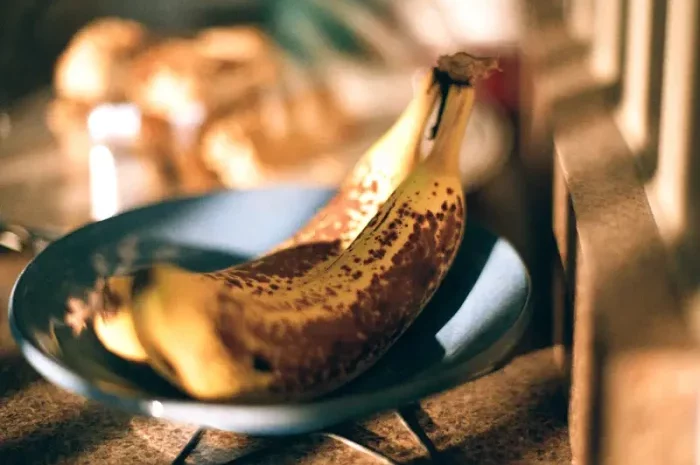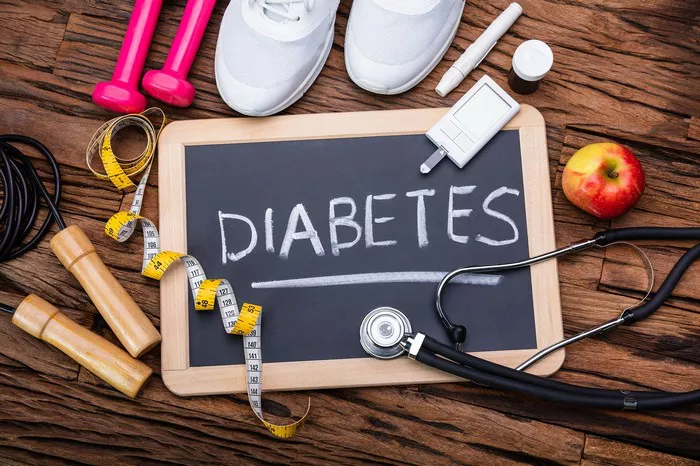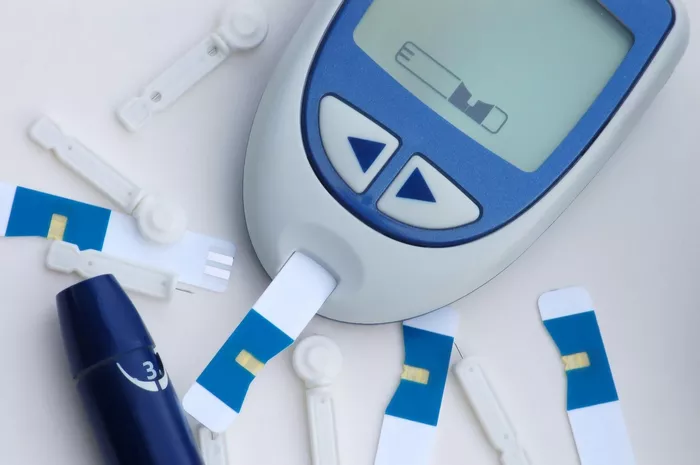Diabetes, a chronic condition characterized by the body’s inability to properly regulate blood sugar levels, affects millions of people worldwide. Managing diabetes requires a comprehensive approach, including medication, physical activity, and most importantly, dietary choices. This article will delve into the foods high in sugar that diabetics should avoid, the impact of these foods on blood sugar regulation, and healthier alternatives to help maintain stable glucose levels.
Explanation of Diabetes and Blood Sugar Control
Diabetes mellitus, commonly referred to as diabetes, is a group of metabolic disorders characterized by chronic hyperglycemia (high blood sugar levels). The condition arises from defects in insulin secretion, insulin action, or both. Insulin, a hormone produced by the pancreas, is crucial for regulating blood glucose by facilitating the uptake of glucose into cells for energy production.
There are two primary types of diabetes:
Type 1 Diabetes: An autoimmune condition where the body’s immune system attacks insulin-producing beta cells in the pancreas, leading to little or no insulin production. Individuals with Type 1 diabetes require lifelong insulin therapy.
Type 2 Diabetes: A more common form of diabetes associated with insulin resistance and eventual insulin deficiency. It is often linked to obesity, sedentary lifestyles, and genetic factors. Management includes lifestyle changes, oral medications, and sometimes insulin therapy.
Proper blood sugar control is vital for diabetics to prevent complications such as cardiovascular disease, nerve damage, kidney failure, and vision problems. Dietary choices play a significant role in managing blood glucose levels. Foods high in sugar can cause rapid spikes in blood glucose, leading to poor glycemic control and increasing the risk of complications. Understanding which high-sugar foods to avoid and identifying healthier alternatives is essential for maintaining stable blood sugar levels and overall health.
List of High-Sugar Foods to Avoid
Sugary Drinks
Sugary beverages like sodas, lemonade, sweetened teas, and sports drinks are laden with simple sugars that can cause immediate and significant spikes in blood glucose levels. These drinks provide little nutritional value and are high in empty calories, contributing to weight gain and increased insulin resistance.
Sweetened Cereals
Many breakfast cereals, even those marketed as “healthy,” can contain high amounts of added sugars. These sugars lead to rapid glucose absorption, causing blood sugar levels to rise sharply. Opting for unsweetened or low-sugar cereal options is crucial for blood sugar management.
Processed Fruit
Processed fruits, such as canned fruits in syrup, dried fruits with added sugar, and fruit snacks, often contain extra sugars to enhance flavor and preservation. These added sugars can quickly elevate blood sugar levels, making them a less desirable choice for diabetics.
Packaged Baked Goods
Packaged cookies, cakes, pastries, and similar baked goods are typically high in sugar and refined flours. These ingredients contribute to rapid blood sugar increases and provide little nutritional benefit, often leading to weight gain and increased risk of complications.
Condiments
Many condiments, including ketchup, barbecue sauce, and salad dressings, contain hidden sugars. While they may not seem significant in small amounts, their cumulative effect can contribute to high daily sugar intake, adversely affecting blood sugar control.
Protein Bars
While protein bars can be convenient, many are packed with added sugars to improve taste. Diabetics should carefully read labels to choose bars with minimal added sugars and higher fiber content to prevent blood sugar spikes.
Packaged Soups and Sauces
Pre-packaged soups and sauces can be surprising sources of added sugars. These sugars are often used to enhance flavor and shelf life, but they can lead to unexpected increases in blood glucose levels.
Reasons to Avoid These Foods
High-sugar foods have several adverse effects on individuals with diabetes, including:
Blood Glucose Spikes: Consuming foods high in sugar leads to rapid absorption of glucose into the bloodstream, causing sharp increases in blood sugar levels. These spikes can be difficult to manage and lead to poor glycemic control.
Weight Gain: High-sugar foods are often calorie-dense and low in nutrients, contributing to weight gain. Excess body weight can exacerbate insulin resistance, making blood sugar management more challenging.
Increased Risk of Complications: Persistent high blood sugar levels increase the risk of diabetes-related complications such as cardiovascular disease, neuropathy, nephropathy, and retinopathy. Maintaining stable blood glucose through proper diet helps mitigate these risks.
Insulin Resistance: Regular consumption of high-sugar foods can contribute to the development of insulin resistance, a hallmark of Type 2 diabetes. This condition makes it harder for the body to use insulin effectively, leading to higher blood sugar levels.
Healthier Alternatives
Adopting a diet rich in nutrient-dense, low-sugar foods can help maintain stable blood glucose levels and improve overall health. Here are some healthier alternatives:
Fiber-rich Foods
Non-starchy Vegetables: Vegetables like broccoli, spinach, and kale are low in carbohydrates and high in fiber, helping to slow the absorption of sugar into the bloodstream and prevent blood sugar spikes.
Whole Grains: Whole grains such as quinoa, barley, and brown rice provide more fiber and nutrients compared to refined grains. They have a lower glycemic index, leading to a slower and more gradual increase in blood sugar levels.
Legumes: Beans, lentils, and chickpeas are excellent sources of fiber and protein, which help stabilize blood glucose levels and provide sustained energy.
Lean Proteins
Fish: Fatty fish like salmon, mackerel, and sardines are rich in omega-3 fatty acids, which have been shown to improve insulin sensitivity and reduce inflammation.
Lean Meats: Chicken breast, turkey, and lean cuts of beef are good sources of protein without excessive fat, helping to maintain muscle mass and support metabolic health.
Plant-based Proteins: Tofu, tempeh, and edamame provide high-quality protein without the saturated fats found in some animal products, supporting heart health and blood sugar control.
Fruits
Whole Fruits: Whole fruits like apples, berries, and pears contain fiber that slows down sugar absorption, unlike fruit juices or dried fruits with added sugars.
Healthy Fats
Sources like Olive Oil and Avocados: Healthy fats from sources such as olive oil, avocados, nuts, and seeds can improve insulin sensitivity and provide essential nutrients for overall health.
Unsweetened Drinks
Water, Tea, and Coffee Without Added Sugars: Staying hydrated with water, and choosing unsweetened beverages like herbal teas and black coffee can prevent unnecessary sugar intake and help maintain stable blood glucose levels.
Tips for Reading Food Labels
Understanding food labels is essential for making informed dietary choices. Here are some tips to help identify added sugars and carbohydrates:
Check the Ingredients List: Look for terms like high fructose corn syrup, cane sugar, and dextrose, which indicate added sugars.
Understand Carbohydrate Content: Total carbohydrates include all sugars, fibers, and starches. Focus on foods with higher fiber content and lower sugars.
Look for Hidden Sugars: Be aware that sugars can be listed under various names. Familiarize yourself with common sugar aliases to spot them easily.
Note Serving Sizes: Pay attention to the serving size listed on the label, as it can affect the total amount of sugar and carbohydrates consumed.
Percent Daily Value (%DV): This indicates how much a nutrient in a serving of food contributes to a daily diet. Aim for foods with lower %DV of sugars.
Consultation with Healthcare Professionals
Managing diabetes effectively often requires personalized advice tailored to individual health needs. Consulting with healthcare professionals, such as endocrinologists, primary care physicians, or registered dietitians, can provide valuable guidance on dietary choices and overall diabetes management. These professionals can help create a personalized meal plan, offer tips for blood sugar monitoring, and provide support for lifestyle changes.
Conclusion
For diabetics, avoiding high-sugar foods is crucial for maintaining stable blood glucose levels and preventing complications. By understanding the impact of sugary foods on blood sugar control and choosing healthier alternatives, individuals with diabetes can improve their health and quality of life. Emphasizing fiber-rich foods, lean proteins, healthy fats, and unsweetened beverages, while staying vigilant about food labels, can make a significant difference in managing this condition. Always seek advice from healthcare professionals to ensure a well-rounded and effective approach to diabetes management.
Related Topics

























